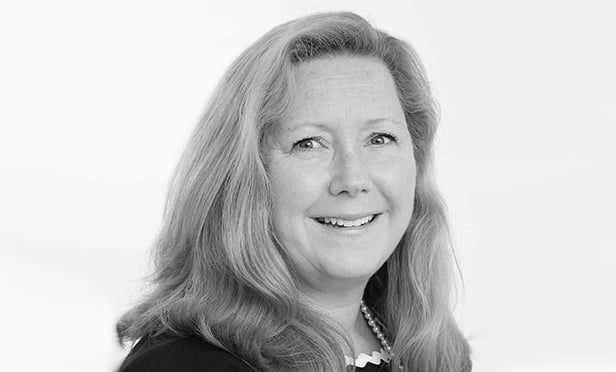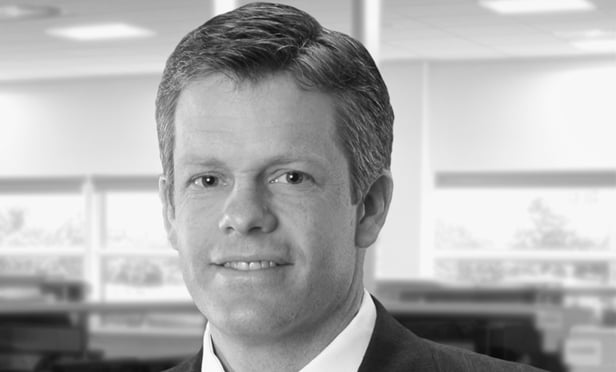This week is more downgrades and more political ranting. Recriminations, spin, more assertions. Calls for confidence. Portents of disaster. This is our economy and its stewards, for better or worse.
As an editor, I spend the majority of my day asking myself the same question in one form or another: “Is this correct?” or if you’re negatively attuned: “Is this wrong?” As managing editor of a website, naturally, I receive some correspondence indicating answers to these questions to varying states of certainty—to my amusement or embarrassment. I am, therefore, keenly aware of the myriad ways one person can be wrong and for what reasons during the course of a single day. I spend a lot of time thinking about wrongness and I wonder about our government and our economy.
The hardest thing to get past when dealing with mistakes--yours or someone else’s--is hubris. As half our country goes through a crisis of confidence, while the other half goes through a chest-pounding call to arms, I keep returning to two things I have read over the last year: Roger Lowenstein’s When Genius Failed:The Rise and Fall of Long Term Capital Managment and Kathryn Shulz’s interview with safety expert James Bagian, from her phenomenal series “The Wrong Stuff” on Slate.
Recommended For You
Want to continue reading?
Become a Free ALM Digital Reader.
Once you are an ALM Digital Member, you’ll receive:
- Breaking commercial real estate news and analysis, on-site and via our newsletters and custom alerts
- Educational webcasts, white papers, and ebooks from industry thought leaders
- Critical coverage of the property casualty insurance and financial advisory markets on our other ALM sites, PropertyCasualty360 and ThinkAdvisor
Already have an account? Sign In Now
*May exclude premium content© 2025 ALM Global, LLC, All Rights Reserved. Request academic re-use from www.copyright.com. All other uses, submit a request to [email protected]. For more information visit Asset & Logo Licensing.








